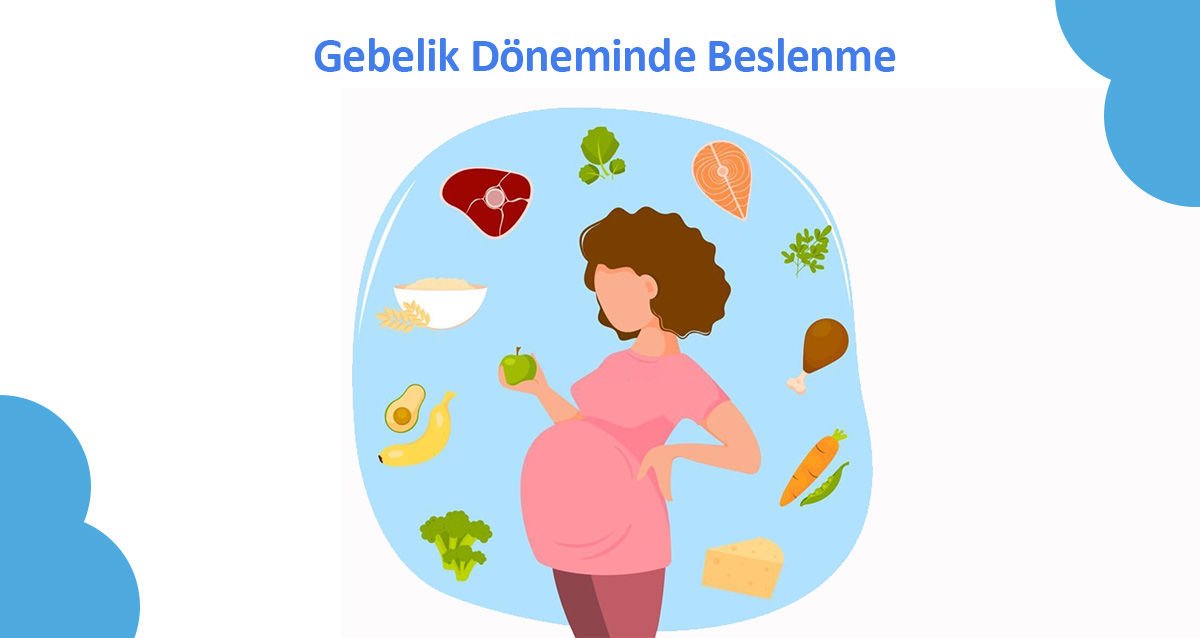Nutrition During Pregnancy

During pregnancy, a pregnant woman's fluid needs increase due to factors such as increased extracellular fluid volume, fetal needs, and amniotic fluid. Therefore, an additional 750-1000 mL of fluid should be consumed daily. Water, ayran, milk, and freshly squeezed fruit juices are recommended as fluid sources.
Basal metabolic rate increases due to increased oxygen consumption during pregnancy. Throughout pregnancy, additional calories are needed: 85 kcal per day in the first trimester, 285 kcal per day in the second trimester, and 475 kcal per day in the third trimester, totaling approximately 77,000 kcal.
The changes occurring in a pregnant woman's body, the baby's development, and the placenta require protein. A baby's growth requires an average of 950 grams of protein. During this period, a pregnant woman needs an additional 20 grams of protein daily. While the average protein requirement for non-pregnant women is 50-60 grams, this amount increases to 70-80 grams during pregnancy. Pregnant women should consume 3-4 servings of meat, chicken, and fish daily.
Essential fatty acids include linoleic acid, alpha-linoleic acid, arachidonic acid (AA), eicosapentaenoic acid (EPA), and docosahexaenoic acid (DHA). These fatty acids, which are the primary structural components of cell membranes, are vital for tissue formation. Oil-rich fish such as mackerel and salmon are rich food sources of these fatty acids. Dietary intake of long-chain polyunsaturated fatty acids (PUFAs), particularly DHA and EPA, is crucial for meeting the needs of both the mother and the developing fetus during pregnancy.
While coffee is the most common source of caffeine, chocolate, cocoa, tea, cola, and some medications also contain caffeine. Excessive caffeine consumption during pregnancy can promote vasoconstriction in the uterine and placental circulation, potentially causing adverse effects on fetal growth and development, as well as increasing fetal heart rate and arrhythmias. During this period, caffeine intake should be limited to a maximum of 200 mg per day (two cups of coffee or four to five cups of tea).
Pregnant women should avoid smoking during this period. Smoking not only affects fetal development but also leads to adverse birth outcomes such as low birth weight, premature birth, stillbirth, or high-risk pregnancies.
